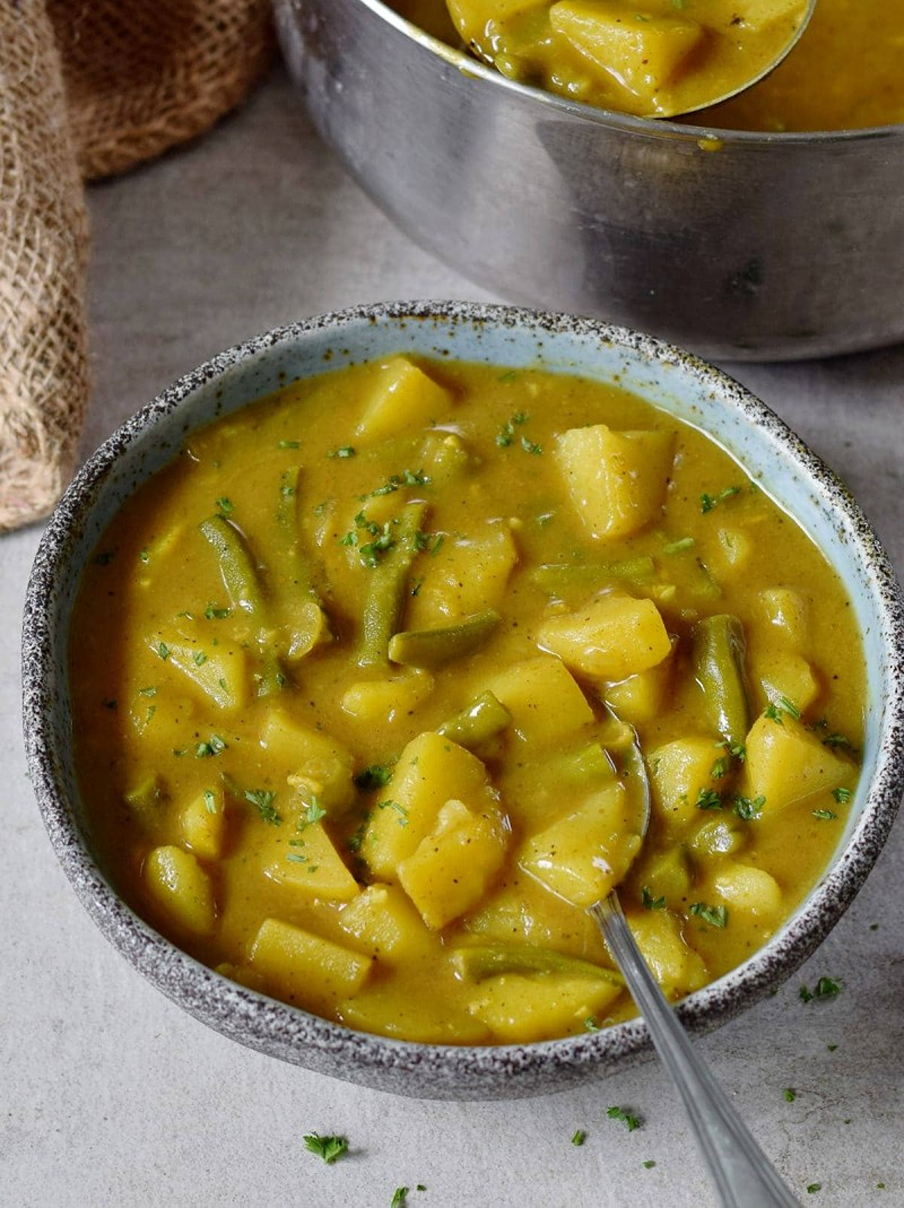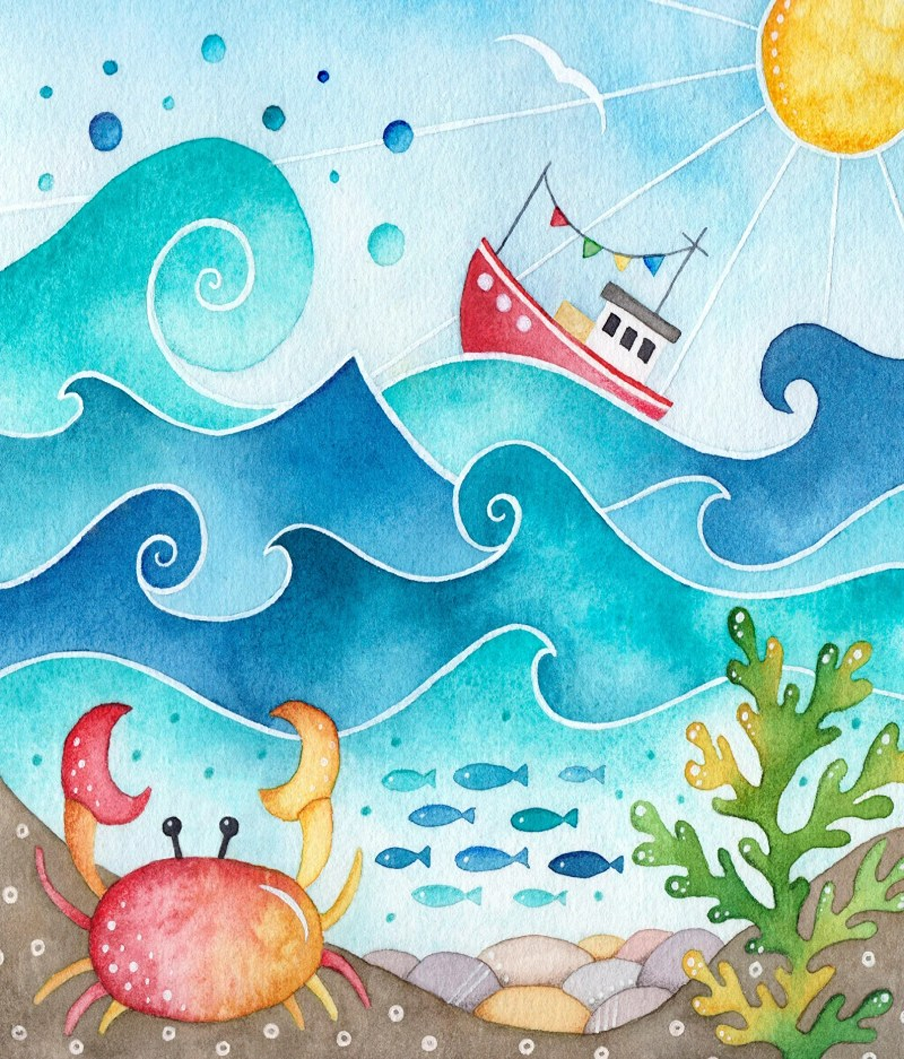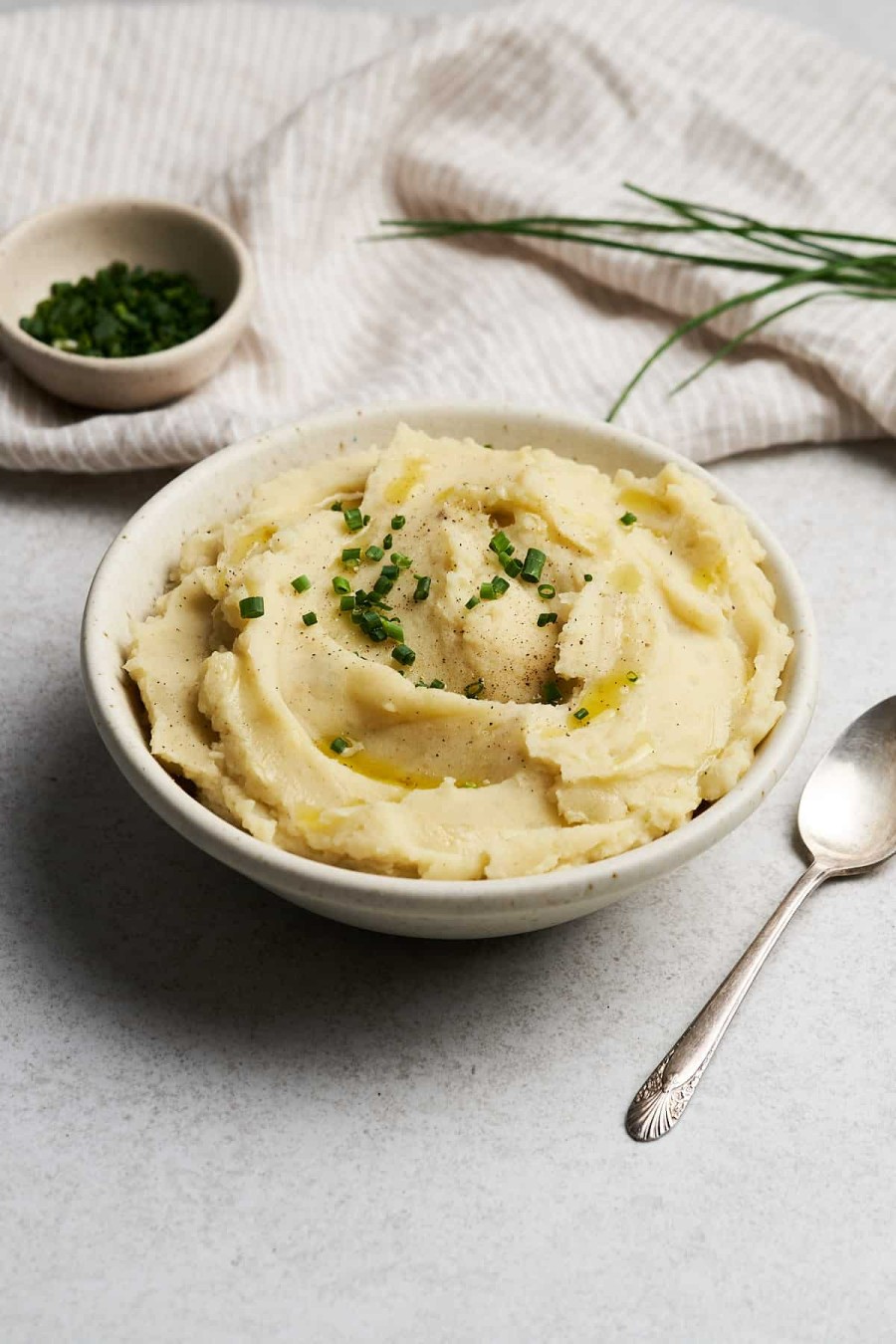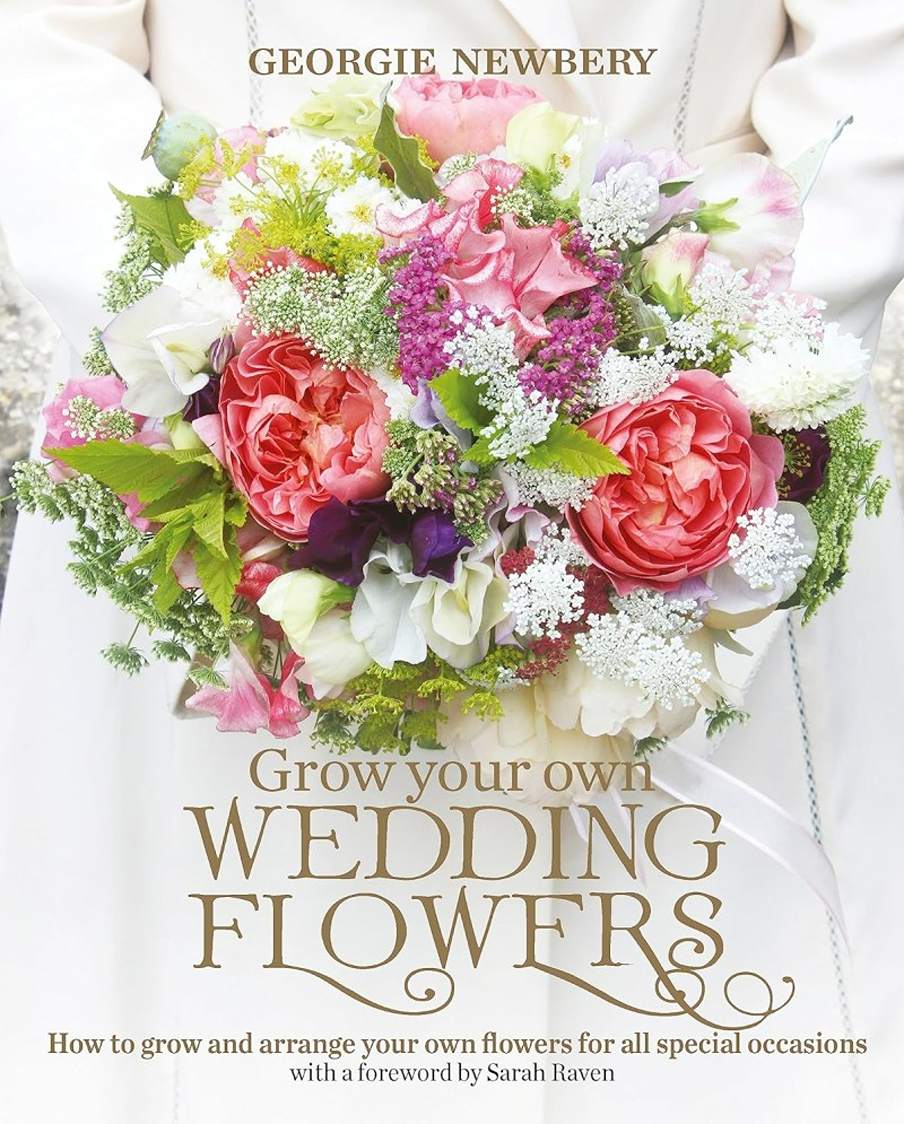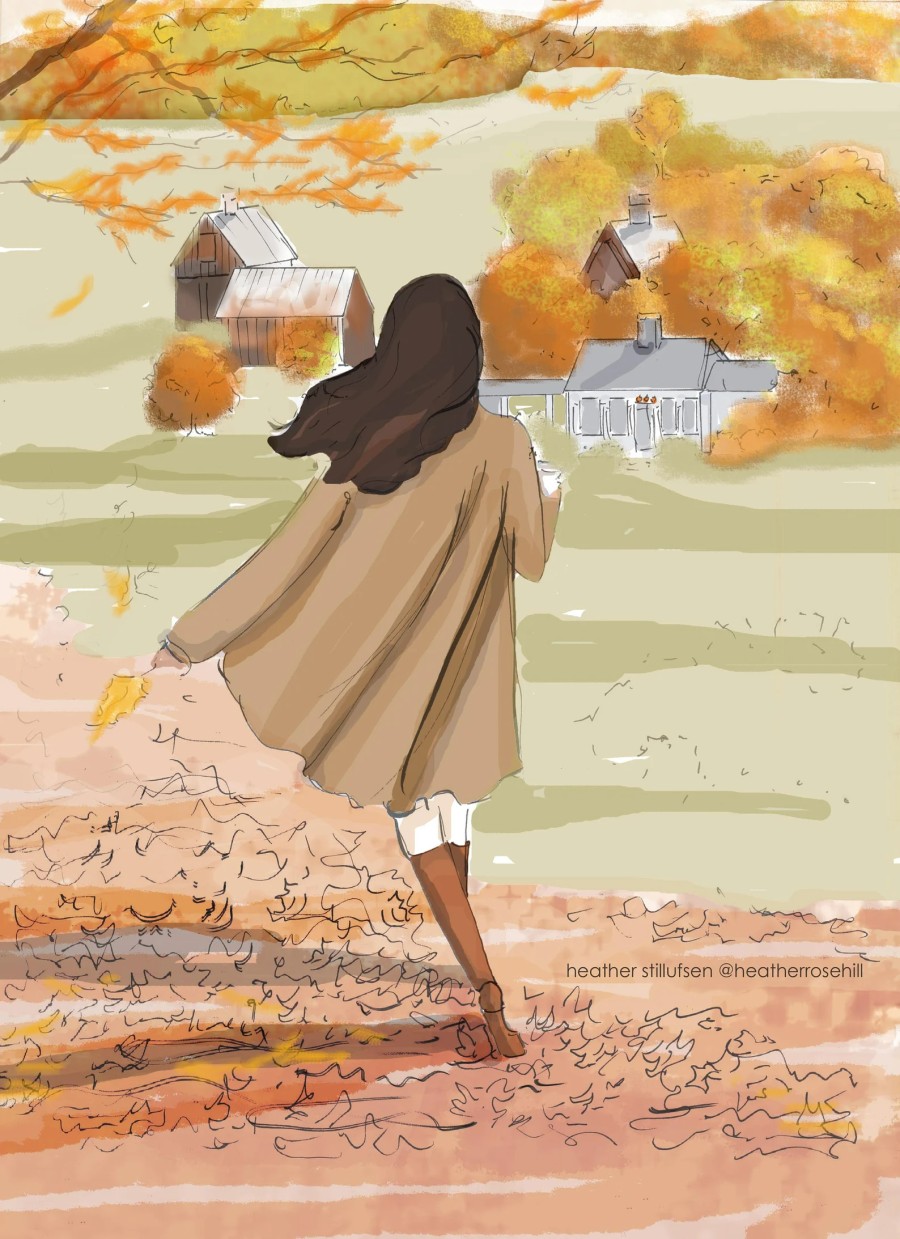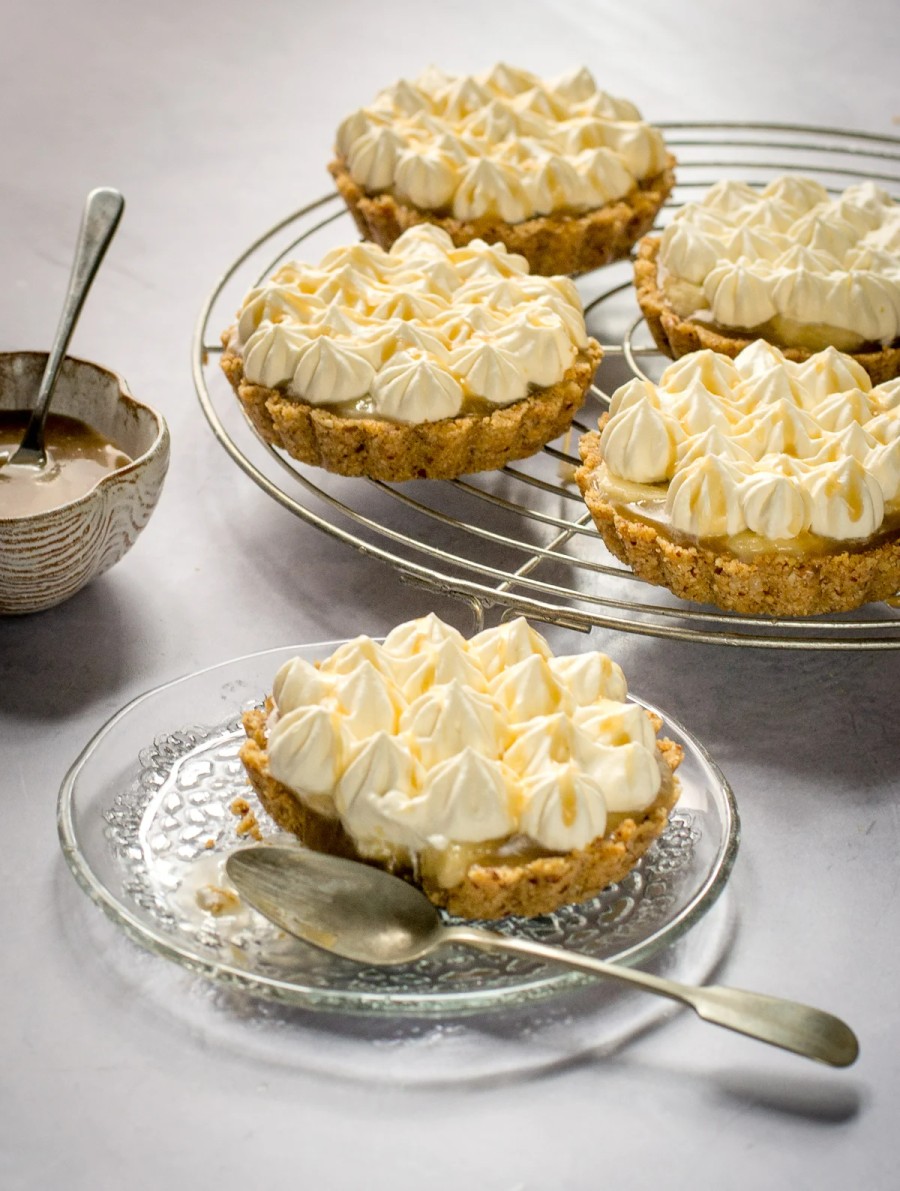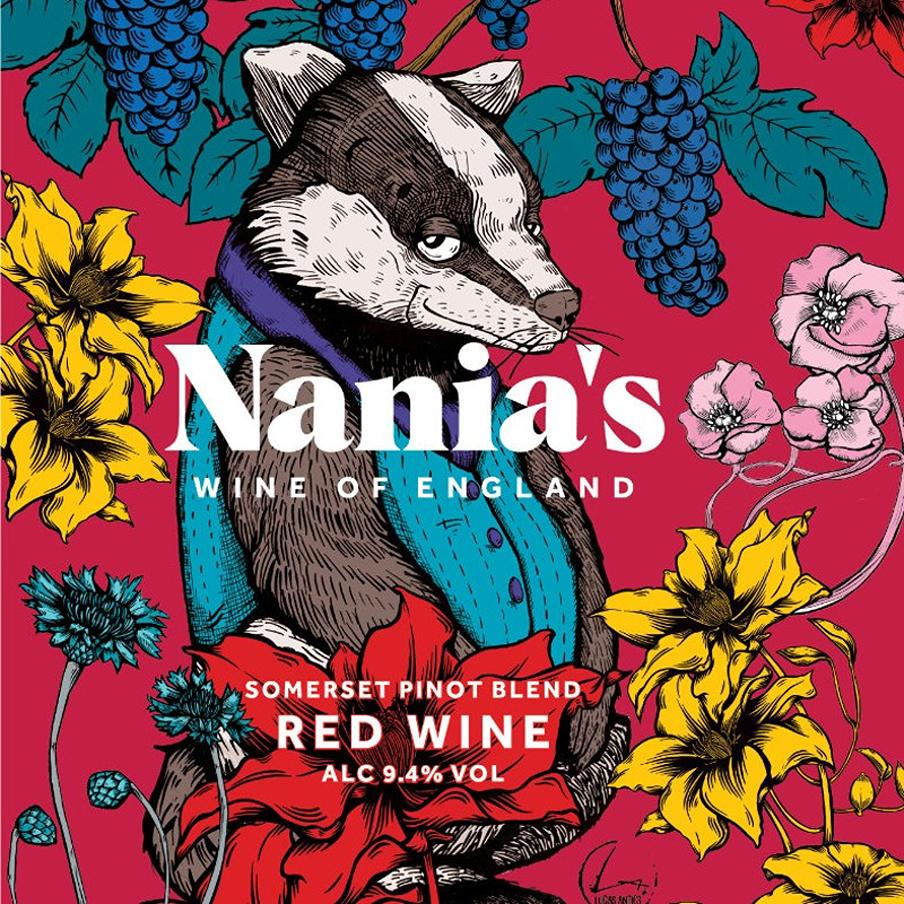
It’s nice to support English organic wines, rather than pay to ship wines from across the world. And many top brand names (like Blossom Hill) use gelatin (animal bones) in some of their offerings. Look for vegan organic wines (also less likely to give you a hangover or make your face bright red from sulphites).
NHS says to avoid alcohol for pregnancy/nursing, driving and affected medical conditions. For everyone else, recommended ‘units’ are 1 glass of wine or beer (6 days a week) or 2 spirits (say gin and tonic).
If choosing glass wine bottles, go for brands with real cork (no trees are cut down, and this helps preserve Mediterranean forests from being chopped down for industry, in a world of plastic wine corks). Corks are choking hazards, so bin securely or chop and compost. Or send in bulk to Recorked (drop off at participating off licenses).
Wild Thing is an organic vegan Prosecco, with profits helping Born Free charity. The flip-bottle can be resealed. It contains notes of pear, white peach and spring flowers.
sustainable vegan wines (in cans)
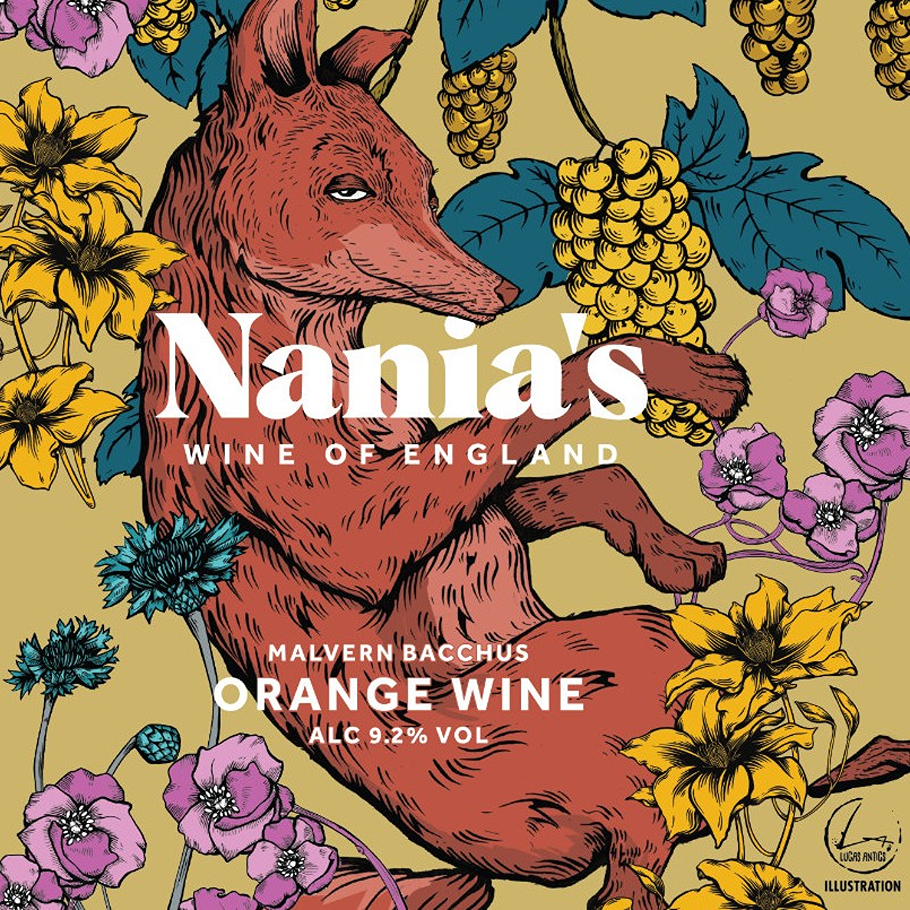
Although you can now buy paper wine bottles (a lower carbon footprint than making and shipping glass), there are good organic homegrown brands in cans, which are easy to transport and recycle, and also saves you downing a bottle of wine in two days, if you live alone to ‘use it up!’
Nania’s Vineyard offers canned wines (unfiltered) that take inspiration from the founder’s Persian-Indian grandfather. This vineyard is on a Bristol allotment, cuttings taken from an inherited grapevine (kind of ‘rewilded wines’). The range includes The Badger (a summer red from Somerset grapes) and The Fox (an orange amber wine made from grapes grown in the Malvern Hills).
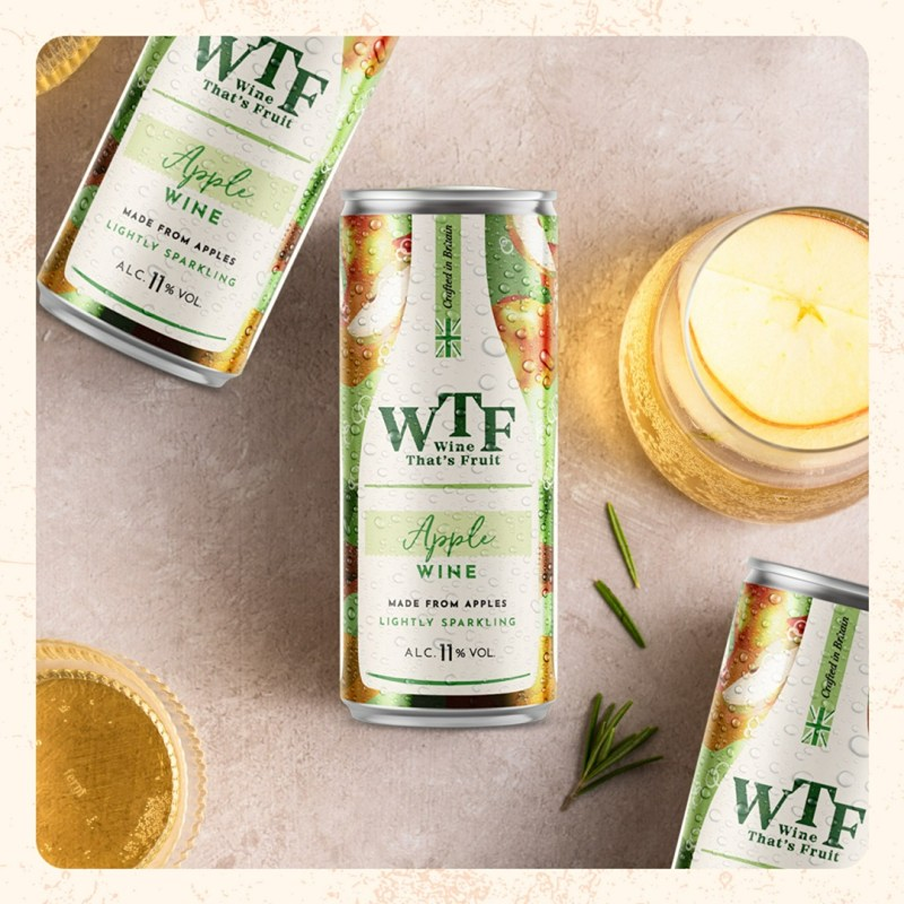
Wine That’s Fruit is a small company that began in the founder’s garden, and offers canned wines with 25% of the carbon footprint of glass bottles. Choose from strawberry raspberry blackcurrant (all local fruits) or dessert apple (from Herefordshire & Kent).
The Uncommon produces sparkling wines from vineyards, within 50 miles of London. Packed in beautifully illustrated cans, choose from bubble white or rose, or ready-made white, wine and rose spritzers.
Vinca Wine offers 3 wines (white, rosé or red) in cans made from 73% recycled aluminium (water-based resin linings means the taste is not affected, and cans chill faster than glass). Shipping from Sicily is carbon-offset.
DEFY offers single-grape organic Italian wine, and also offers kegs for still wines (240 glasses). There’s also a semi-sparkling white frizzante. No flowery language (a spring day, summer days or rose petals). Just good organic wine!
organic no-alcohol wine brands
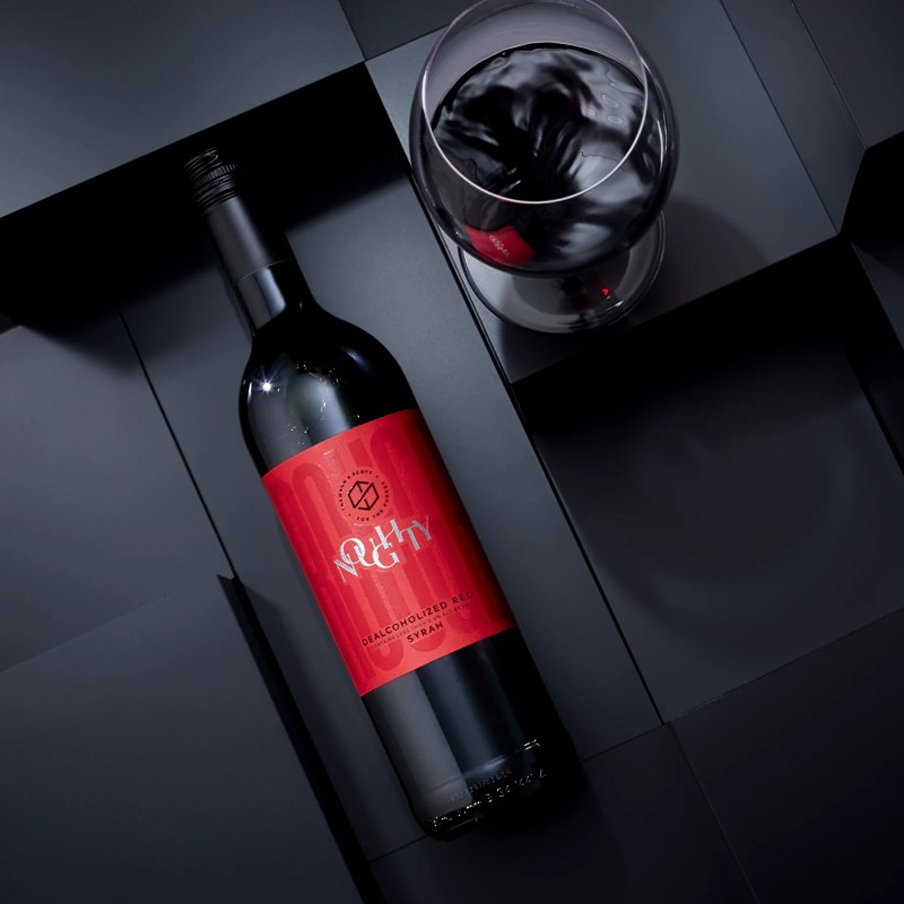
Alcohol-free wines are classed as drinks with APV of 0.5% (the same roughly as a ripe banana, orange juice or rye bread). Idela if you’re teetotal, the designated driver or cutting back (or giving up) alcohol. They are also good for weight loss, as they have way less calories and sugar.
Noughty was founded by a wine buff who trained at France’s le Cordon Bleu. Her no-alcohol wines are made with organic grapes. They have half the sugar of most no-alcohol sparkling wines (14 calories, compared to 80 in a glass of wine). The range includes Blanc, Rouge & Red.
Alchemy Wines have created an alcohol-free rosé wine with flavours of red apple, red grapes and ripe peach. With half the calories of a glass of sparkling wine, a small percentage of profits from each sale go to NHS charities. Made from German grapes for a Suffolk company, so the most ‘local’ no alcohol wine we could find.
Oddbird (Sweden) produces quality white, rose and red wines, plus an alcohol-free spumante with notes of Nashi pear, green apples and grapefruit). The company was founded by a a family therapist and social worker, who found most family-related concerns over her 20 years of experience were alcohol-related. So seeing the negative effects, she decided to create something different.
the organic vineyards of England
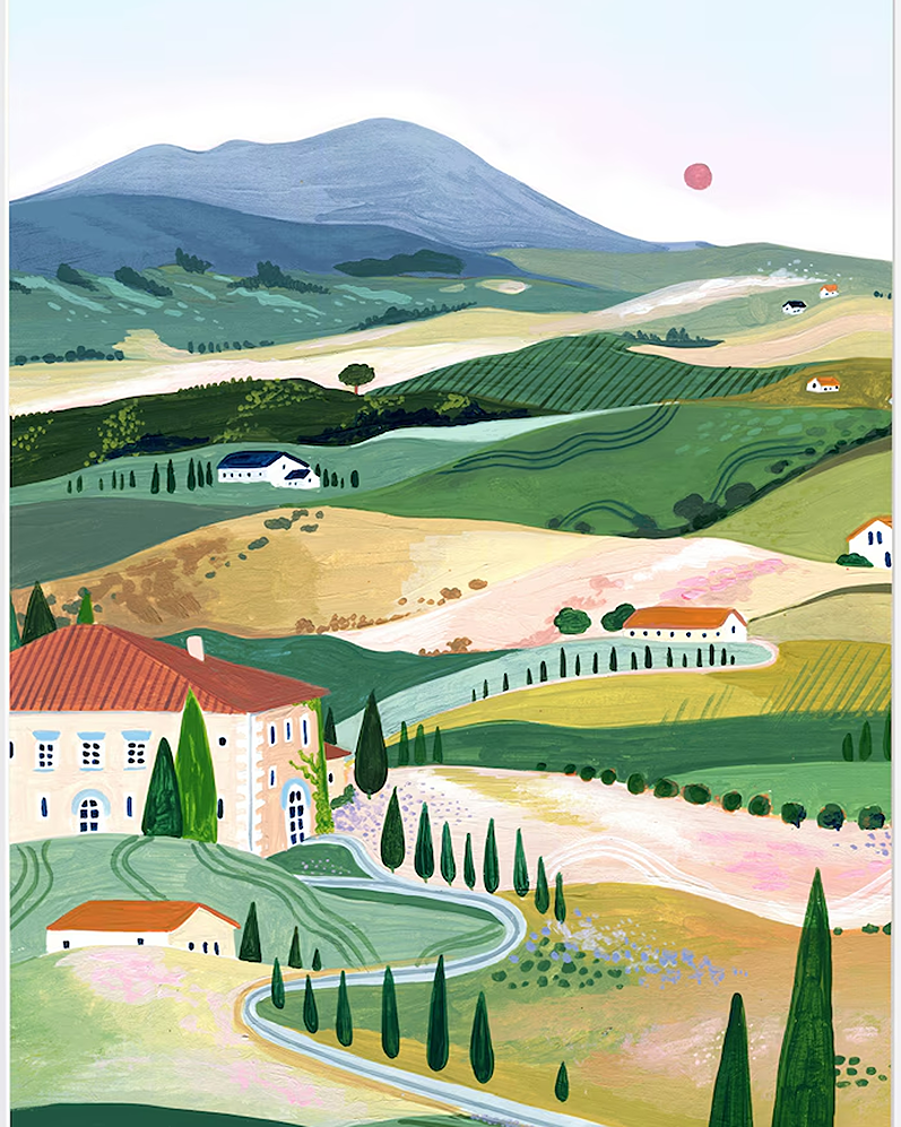
It’s perfectly possible to grow grapes for wine in England, and there are good organic vineyards. This book shows you the best grapes to grow in cooler climates, and this book shows how to use biodynamic techniques to ‘grow wine’. Learn more on pet-safe gardening, if animals are nearby.
Sedlescombe Organic Vineyard (the oldest in England) is set 22 acres, and grows biodynamic red, white and rose wines. Everything in the cafe is sourced within 30 minutes, and the building is made with reclaimed materials, and heated with a ground source heat pump. It even harvests grey water from the roof to water the plants and flush the loo! The wine bottles use natural cork (no trees cut down) with no extra plastic wrap or unnecessary wax.

